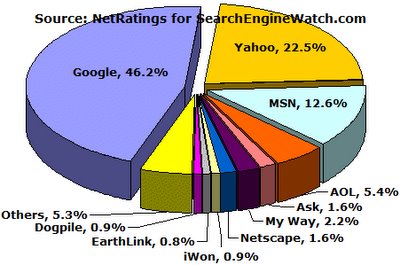I've been promoting dating sites for a few years now. Last year we were doing really well. We made 17,000 profit in January. This year sales are down.
Pay per click marketing campaigns that were profitable at 100% last year (by that I mean for ever dollar we invested we got back two). They are down to -10% this year. Well, there is a lot more competition I suppose. So we had to get more scientific about it. Doing it manually was a drag anyways. So we invested in some agency pay per click management software - an ASP service. It's expensive, but it allows us to set targets for acquisitions of emails so that we can put it almost on autopilot. There is a steep learning curve and a lot of configuration - but hey - autopilot sure beats the hell out of logging in and checking your costs and exporting them into a spreadsheet along side your sales.
Sounds like a plan right?
Well it works just fine for our paying clients - where we have control over their sites. We got so much business for one client that he had to ask us to stop for until March so he could catch up on inventory (but that will be another post).
I think that anyone doing paid search manually will not be able to compete with professional automated marketers any more.
But what about the dating? Well, when you are an affiliate you don't have control over the sites that you are promoting. Therefore you can't put your tracking codes on the landing pages and the thank you pages. Therefore it doesn't work.
Well, you would think that if you are sending $10,000 per month in business to a site - through pay per click alone - that they would make an exception, right? Well in theory yes - but I am still waiting month after month for them to 'implement their solution' to allow all affiliates to post tracking codes on their pages.
What happened? Well I stopped promoting them of course! To hell with them - if they don't want my 10k a month in sales then screw 'em. I can't afford to lose 10% on investment for long. And I don't have time to manually tweak it back up to a profit. We still have our portal sites and our advertising and our regular paying clients and we'll keep going with that for now... but sheesh - it must be nice not to have to be concerned about losing that kind of coin because you just can't get your developers to pump out a simple bit of code to show one tracking image or another based on referrer. Especially when your affiliates are taking all of the risk.
